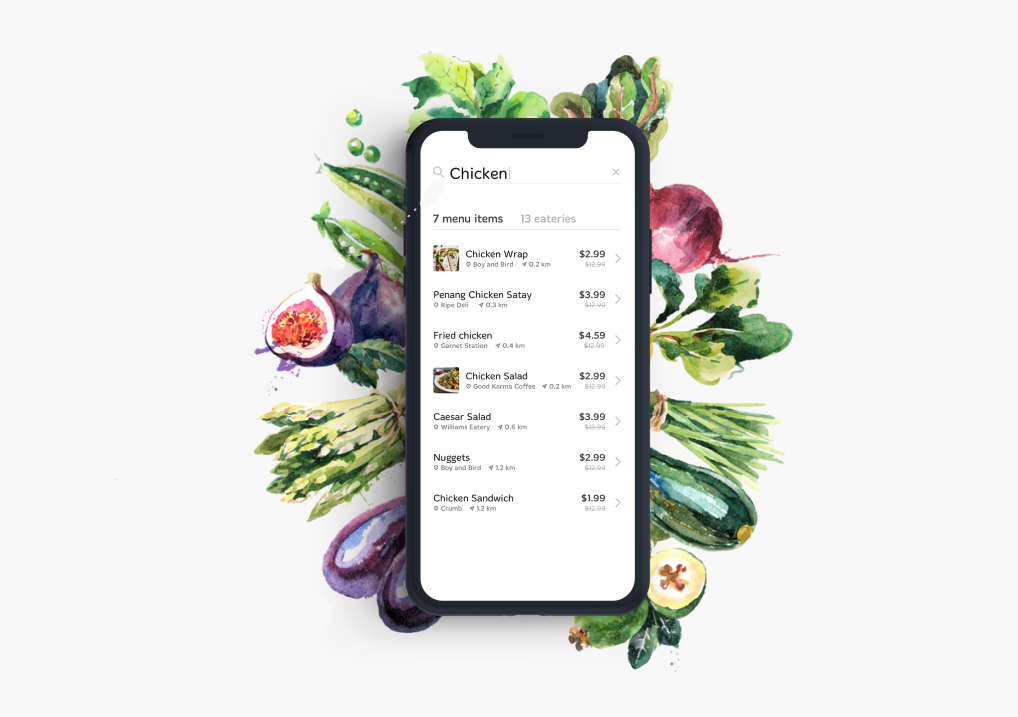Idealog + Sprout’s Transfarmation winner, Foodprint, launches in Dunedin

Foodprint, an app which connects people to discounted surplus food from cafes, restaurants and supermarkets, is expanding to Dunedin. The app was founded in Auckland by Michal Garvey and went on to win Idealog and Sprout’s Transfarmation competition in November.
From today, the app will be live in Dunedin and will offer consumers a variety of food to ‘rescue’ before it is thrown out by offering it at 50 percent the usual price. The food can be ordered and bought in-app, then collected directly from the eateries that are on board.
“Dunedin has a vibrant food scene, love of cafe culture and a strong student population who are leading the charge on sustainability – so we think it’s a perfect fit for Foodprint,” Garvey says. “We have been able to launch here thanks to the support we have received from Dunedin City Council’s Good Food Coordinator, Ruth Zeinert.”
Some of the cafes on board include Precinct Food, Market Kitchen, Watson’s Eatery, Project Wellness, Zoo Café and more. They join more than 250 eateries in Auckland who have been using the Foodprint platform for the last few months.
More than 20,000 users have been using the app in Auckland to buy surplus food items that include sushi, salads, sandwiches and even cakes.
Foodprint has also been tracking how much carbon dioxide has been saved by its efforts to reduce food waste. So far, 18,000 kilograms of CO₂ equivalent emissions have been prevented by food being rescued through the app in the eight months since its launch.
“Foodprint is genius, it’s a beautiful and easy to use app which means we can get our delicious lovingly made food into someone’s tummy that previously would have ended up in the compost,” Little Bird founder Megan May says. “We waste less and it gives people access to food that might usually be out of their price range.”
Foodprint was the winner of the Idealog + Sprout Accelerator Transfarmation Competition, which awarded Garvey a place in Sprout’s 2020 Accelerator programme.
The judges described Foodprint as a “deceptively simple concept that proved attractive to price-conscious and waste-averse consumers.”




